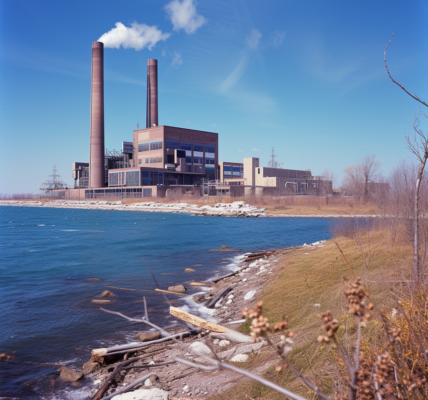Repsol, the prominent Spanish oil and gas company, has announced a significant halt to its green hydrogen initiatives in Spain, totaling 350 megawatts (MW) in capacity. This decision comes in light of what the company describes as an unfavorable regulatory environment, particularly in regard to the government’s proposed permanent windfall tax on energy firms.
The three projects affected by this pause include a €200 million ($217 million) green hydrogen plant in Cartagena, which was planned to generate 100 MW of capacity. In addition, Repsol has also suspended two other projects: one in Tarragona, aimed at producing 150 MW, and another in the Basque Country, also targeting 100 MW.
A spokesperson for Repsol confirmed to industry observers that the company has frozen all of its planned renewable hydrogen investments in Spain. This move reflects growing concerns among energy companies about the sustainability of their operations under the current regulatory framework.
The decision to pause these projects is a notable shift for Repsol, which has been actively pursuing renewable energy solutions as part of its broader strategy to transition from traditional fossil fuels to more sustainable energy sources. The company had previously committed to investing heavily in renewable hydrogen as a key component of its future energy portfolio.
Industry analysts suggest that the regulatory challenges facing Repsol are not unique. Many energy companies in Spain and across Europe are grappling with similar issues as governments navigate the complexities of energy policy in a rapidly changing market. The proposed windfall tax, which would impose levies on energy companies that have benefited from soaring prices, has raised concerns about the long-term viability of investments in green technologies.
As the energy sector continues to evolve, the balance between fostering renewable energy projects and managing regulatory pressures remains a critical challenge. Repsol’s decision to pause its hydrogen initiatives highlights the delicate interplay between government policy and private investment in the transition to a greener economy.
The implications of this halt extend beyond Repsol itself, potentially impacting the broader hydrogen market in Spain. With the country positioning itself as a leader in renewable energy, any setbacks in major projects could hinder progress toward national and European climate goals.
Repsol’s move also raises questions about the future of hydrogen as a clean energy source. Hydrogen has been touted as a crucial element in achieving decarbonization targets, particularly in sectors that are challenging to electrify, such as heavy industry and transportation. However, without supportive policies and a stable investment climate, the growth of this sector may be at risk.
As the situation develops, stakeholders in the energy sector will be closely monitoring the government’s next steps regarding the proposed windfall tax and its broader implications for renewable energy investments. The outcome of this regulatory landscape could significantly influence the pace at which green hydrogen projects, like those initially planned by Repsol, can move forward.
In summary, Repsol’s decision to pause its green hydrogen projects in Spain underscores the challenges faced by the energy sector in navigating regulatory environments while trying to transition to sustainable energy sources. The future of these initiatives will depend heavily on the government’s approach to energy taxation and its commitment to fostering a supportive environment for renewable energy development.





